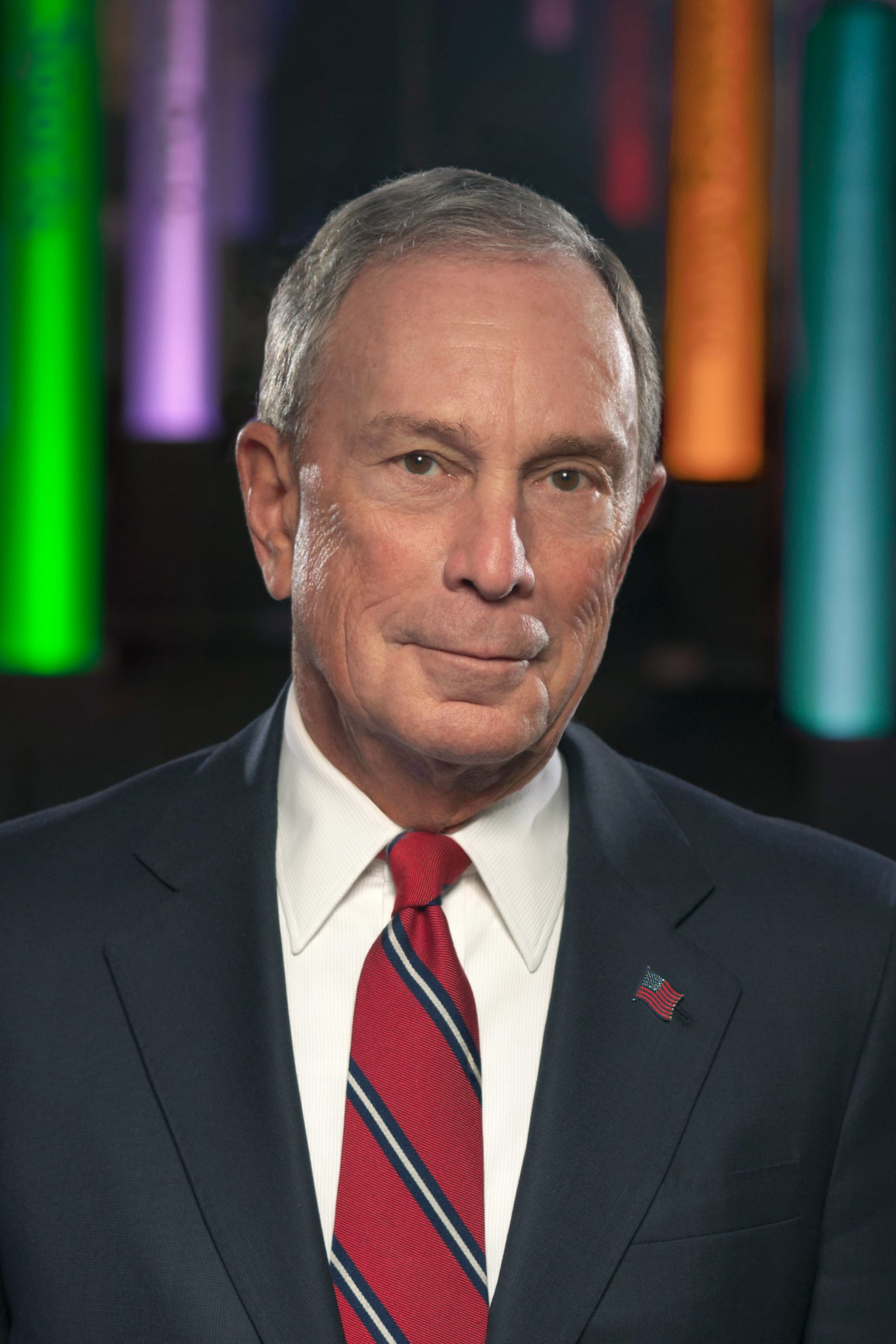Joe Biden, considered the moderate, safe choice for the Democratic Presidential Nomination since he entered the race April 25th last year, is not doing well. After leading as the frontrunner for the majority of last year, he took a major hit last month when he came 4th in Iowa and 5th in New Hampshire, dramatic indicators of his fall from the top. This bodes well for his progressive opponents Bernie Sanders and Elizabeth Warren as well as his moderate rivals Pete Buttigieg and Amy Klobuchar. It is also very good news for Michael Bloomberg.
If Biden’s entry into the race was considered late, Bloomberg’s was insultingly so, formally entering the race only in November last year. In light of this, how does his three-month old campaign expect to pose a viable challenge to those have been campaigning for a year or more? The answer is twofold: by skipping the first four primary states and dipping into his vast fortune.
Bloomberg’s campaign is largely focused on ‘Super Tuesday,’ (March 3rd) when fourteen states will hold their primaries. He has therefore skipped Iowa and New Hampshire and will not be competing in Nevada and South Carolina. The first two contests generally serve to thin out the field and propel certain candidates to the fore, boosting their campaigns. This year, that didn’t happen. The Iowa caucus was a well-documented farce resulting in confusion and denying any campaign its signature boost. New Hampshire fared better but still did not produce a clear frontrunner. Tellingly, whilst the other campaigns scrambled to make sense of Iowa, Michael Bloomberg’s campaign announced it was doubling its spending on advertisements.
If any candidate came out on top after the first two contests, it was Bloomberg. His campaign had been banking on two things to ensure his strategy maximum success: no prominent ‘moderate’ Democratic candidate and no clear frontrunner in the early primaries. Both of those have now been realised. As Joe Biden’s campaign sputtered and Buttigieg and Sanders both claimed victory, the stage was set for Bloomberg to emerge as a viable, safe option. Bernie’s victory in New Hampshire (by just over 1%) was the icing on the cake, instilling panic in moderate Democrats who see no dominant ‘moderate’ challenger.
However, in order to be a viable alternative, you first need to be well-known. If no one had access to information on Michael Bloomberg and were he not a near-household name, he would stand no chance of benefitting from the primary chaos. This is where the second strand of his strategy fits in. Michael Bloomberg happens to be a multi-billionaire who is more than willing to spend lavishly on his campaign.
As of late, Bloomberg’s face has been everywhere, both on TV, and online (Google and Facebook have so far served ~2 billion adverts for his campaign). This all comes with a price tag. So far his campaign has spent $183,000,000 on TV advertisements, including a well-publicised $11,000,000 Superbowl ad, in addition to $50,000,000 on digital advertisements. This puts Bloomberg is in a league of his own. All Bloomberg’s remaining (as of Feb 19th) Democratic rivals combined have spent less than half of what his campaign has spent on advertisements.
What this means is that in total, Bloomberg has spent an unprecedented $400,000,000 on his campaign, and that in only 3 months. But crucially, his philanthropic work (to the eye-wrenching tune of $2,300,000,000) over the last decade also grants him access to a network of high-profile political leaders, who may not have endorsed him, but give his campaign legitimacy and credibility in their communities. Who says money can’t buy you friends. The question is, can it buy you an election?
Bloomberg has so far spent his campaign in a cocoon (and an expensive one at that) and has only recently faced his opponents on the debate stage in Nevada. In the last few weeks, he has risen in the polls, making him a prime targets for all candidates, none of whom pulled any punches. It seems being a Billionaire comes with its own price tag in politics. The image of being a Billionaire. That may be something Democrats are unwilling to overlook.
Image: Bloomberg Philanthropies (via Flikr)

